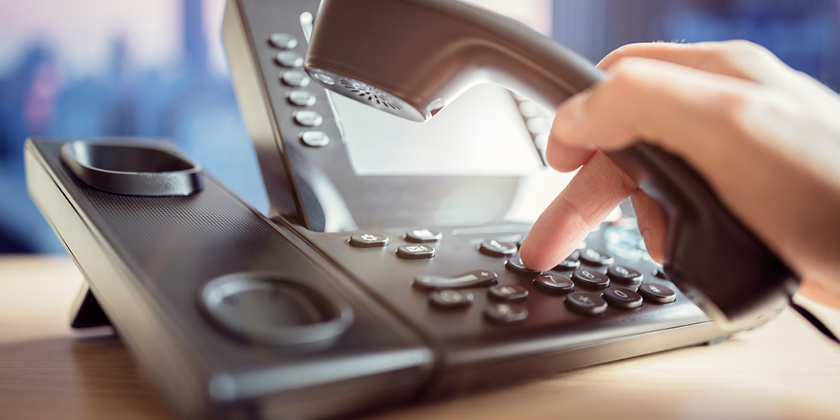
The Value of Good Phone Etiquette
How often do you use your phone to make a phone call?
If you’re under 35, then you’ve probably answered, “Almost never.” Research suggests that most Millennials and Gen Z workers are more comfortable using DM, chat, and email. Yet regardless of your age and communication preferences, the truth is that if you’re able to communicate effectively on the phone, you have an advantage in the workplace.
There’s an increasing demand for customer service representatives, and many Baby Boomers and Gen X-ers still prefer to call companies if they have questions or concerns. Additionally, many employers are looking for workers with outstanding phone skills to fill receptionist, marketing, sales, and HR positions, to name but a few. Last, but not least, employees who can write elegant emails to prospects, fire off rapid DMs to colleagues, and conduct successful phone calls with anyone from new clients to major stakeholders are assets to their employers because they know how to maximize every communication channel at their disposal.
Tips for good phone etiquette
If you’re not accustomed to speaking on the phone, then don’t worry! The following phone etiquette tips will help you hone your skills:
- If possible, announce your call. Busy professionals appreciate knowing when they can expect a call so they can set aside sufficient time and prepare for the conversation. That’s why it’s always polite to send a quick email ahead of time specifying your reason for calling and suggesting several times for the call.
- Write down the points you want to discuss. To ensure you cover everything, make a list of points to refer to during the call.
- Speak clearly. There can be any number of reasons why someone might find it challenging to understand you, from regional accents and language barriers to hearing problems and bad phone connections. That’s why you should always enunciate clearly and avoid speaking too quickly.
- Get the introduction right. Even it’s something as short as, “Hi, my name’s Jim, and I’m calling from Company X,” you should politely announce who you are, ask whom you’re speaking with, and if it’s the right person, ask if it’s a convenient time to talk. If it isn’t a good time, try to schedule a time to call back.
- Listen attentively, but don’t interrupt. Some people speak quickly and eloquently; others are more thoughtful and take time to formulate their sentences. Be patient, and listen attentively. It’s often useful to make notes so you can refer to them during and after the call. However, never interrupt, unless it’s to interject short affirmations such as, “Yes,” “Sure,” and, “Thank you.”
- End the call politely. At the end of the conversation, recap what you’ve discussed, thank the other person, and, if applicable, announce how you’ll follow up. Many people also appreciate a brief email after a call, even if you’ll be speaking again at a later date.
Just like any conversation, a pleasant phone call can make for a memorable experience. And once you learn good phone etiquette, you can use it as your calling card to show employers that you’re an adept communicator and asset to any company.
Source:
https://www.bls.gov/ooh/office-and-administrative-support/customer-service-representatives.htm
